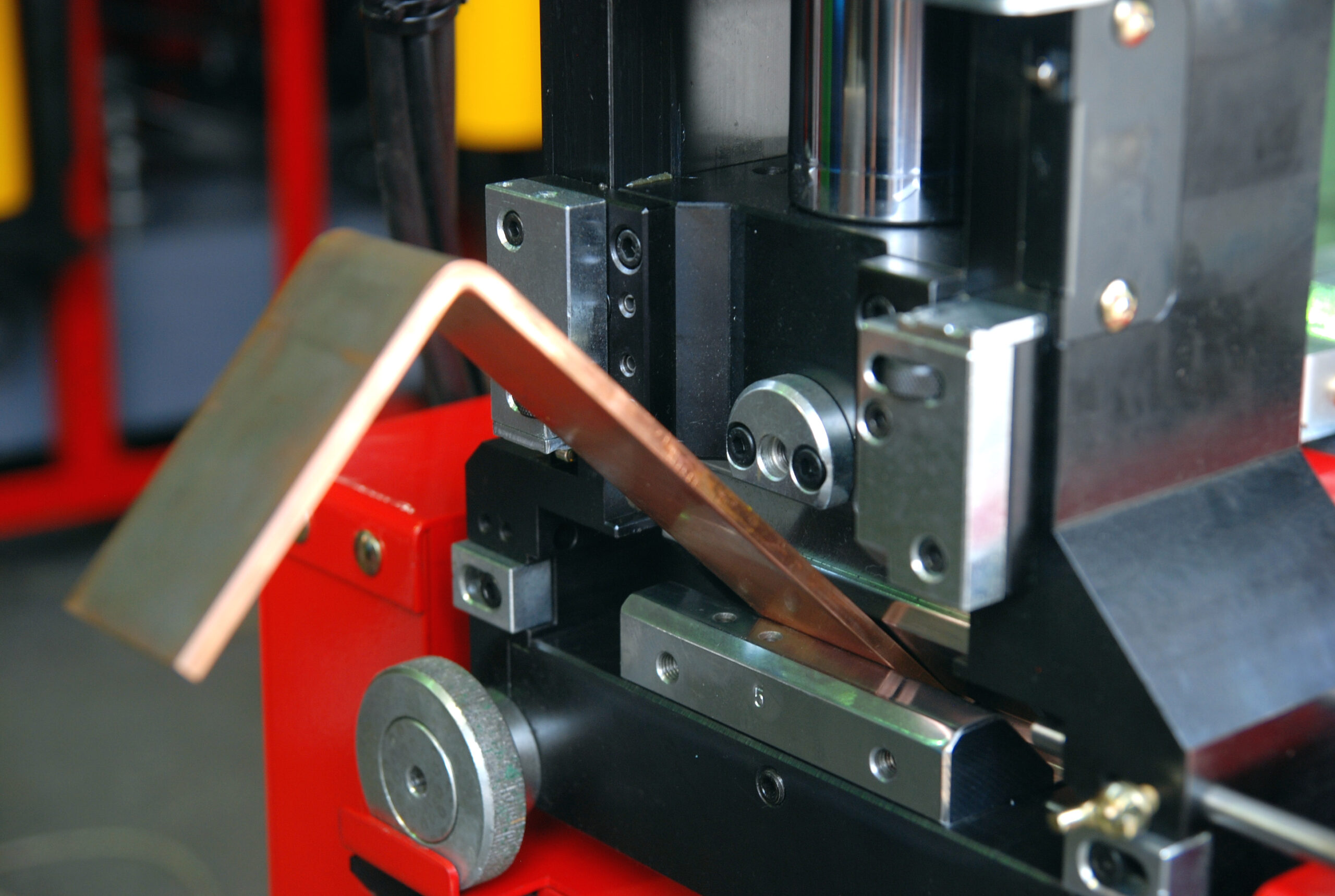Machines have long been a cornerstone of human progress and innovation, driving our society forward with their unparalleled capabilities. From the early days of the Industrial Revolution to the cutting-edge technologies of today, busbar machine have transformed the way we work, live, and interact with the world around us. In this article, we delve into the fascinating world of machines and explore their pivotal role in shaping our modern existence.
The Historical Evolution: The history of machines is a testament to human ingenuity. The Industrial Revolution marked a pivotal moment when machines powered by steam engines revolutionized manufacturing, transportation, and agriculture. The cotton gin, spinning jenny, and steam locomotives are just a few examples of innovations that drastically changed society. As time progressed, machines evolved to encompass a wide array of fields, from medicine and communication to space exploration.
The Modern Machine Age: In the 21st century, machines have reached unprecedented levels of sophistication. Artificial intelligence (AI) and machine learning have allowed us to develop machines that can think, learn, and adapt. These intelligent systems power everything from self-driving cars to virtual personal assistants, revolutionizing the way we live and work. Moreover, the Internet of Things (IoT) has enabled interconnected machines to communicate and collaborate, making our homes and cities smarter and more efficient.
Applications Across Industries: Machines have transcended boundaries, finding applications in virtually every industry. In healthcare, robotic surgery assists doctors with precision procedures, while in agriculture, autonomous tractors enhance crop yields. Manufacturing relies on robots for precision and efficiency, and AI algorithms are transforming finance by predicting market trends. The entertainment industry benefits from machine-generated special effects and personalized content recommendations.
Challenges and Ethical Considerations: As machines become increasingly integrated into our lives, there are challenges to address. The displacement of jobs due to automation is a concern, as is the ethical use of AI in decision-making processes. Ensuring that machines are transparent, unbiased, and respectful of privacy is crucial. As we navigate these challenges, it is essential to strike a balance between technological advancement and societal well-being.
